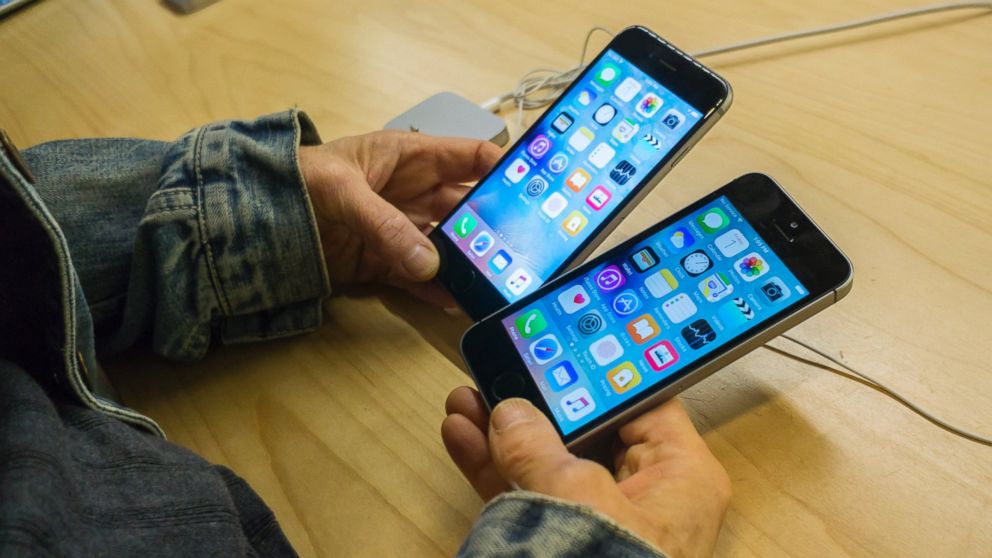FBI Will Not Seek White House Review Over iPhone Hack
— -- The FBI has announced it will not pursue a White House review over whether the U.S. government should tell Apple how it hacked into an iPhone belonging to one of the San Bernardino shooters.
"The FBI assesses that it cannot submit the method to the [review process]," Amy Hess, the FBI's executive assistant director for science and technology, said in a statement today. "The FBI purchased the [hacking] method from an outside party so that we could unlock the San Bernardino device. We did not, however, purchase the rights to technical details about how the method functions, or the nature and extent of any vulnerability upon which the method may rely in order to operate. As a result, currently we do not have enough technical information about any vulnerability that would permit any meaningful review under the [review] process."
The FBI's conclusion means Apple will not be told about the specific vulnerability found on the device or the so-called "tool" used to help the FBI break into it.
Earlier this month, after the device was successfully opened, a senior Apple executive insisted the iPhone "continues to be one of the safest products on the market," predicting the vulnerability found "will have a short shelf life."
Speaking in Washington yesterday, FBI Director James Comey said deciding whether to review sharing information with Apple "involves answering a key question, which is: What do we know about the vulnerability, and -- given that -- is the [review] process implicated?"
He continued: "The threshold is: Are we aware of a vulnerability, or did we just buy a tool and don’t have sufficient knowledge of the vulnerability that it would implicate the process? We’re really close to sorting it out."
Last month, federal prosecutors abandoned efforts to compel Apple to help them unlock the iPhone 5c left behind by Syed Farook, who along with his wife, Tashfeen Malik, launched a deadly assault on Dec. 2, 2015, killing 14 of Farook's coworkers at a holiday party in San Bernardino, California. The Justice Department dropped the case after a private company found what Comey has called "a solution" and "a tool" for cracking into the phone.
Three weeks ago, Comey expressed concern that notifying Apple about the exploited flaw could potentially hamper efforts to access other iPhones in future cases.
"We’re having discussions within the government now about, 'OK, so should we tell Apple what the flaw is that was found?' That's an interesting conversation because if we tell Apple, they fix it, and then we’re back where we started from," Comey said at the time. "We may end up there, we just haven’t decided yet."
Now that the FBI has made a decision, the agency has informed relevant officials that it will not be submitting the matter to the White House's Vulnerabilities Equities Process, or VEP.
In announcing the FBI’s decision, Hess indicated her agency had balanced “the pros and cons” of disclosing the iPhone’s vulnerability to Apple, adding that a White House review “requires significant technical insight into a vulnerability” and “cannot perform its function without sufficient detail about the nature and extent of a vulnerability."
In her statement, Hess noted the "the extraordinary nature of this particular case" and "the intense public interest in it."
ABC News' Zaki Zunaira contributed to this report.




